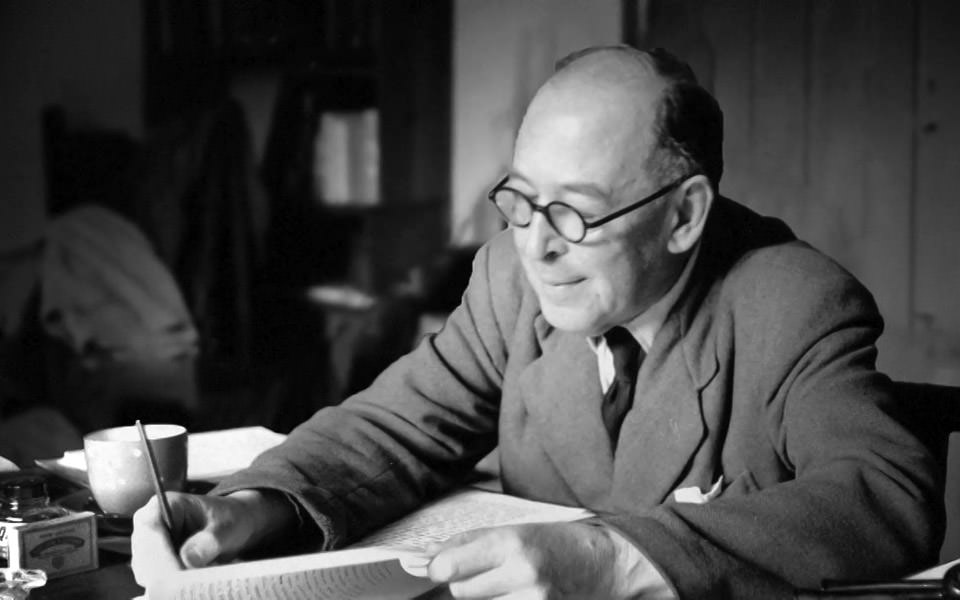C.S. Lewis, J.R.R. Tolkien, and Christianity as the “True Myth”

And speaking of beloved Christian authors, Jake Meador has posted another entry in his series about Lewis and Tolkien’s relationship.
Now we must introduce Tolkien into the picture. In many ways, Tolkien was Lewis’ opposite. Though he had been more taciturn as a youth, Lewis had grown into a fairly gregarious young man. In a short bio written for a publisher Lewis said “There is no sound I like better than hearty male laughter.” If you’re picturing a dimly lit Oxfordian pub with a group of youngish to middle-aged men sitting around a table with mugs of English beer in front of them and a pipe dangling from their mouth, you’ve begun to imagine one of Lewis’ favorite scenes. Lewis was also a noted and charismatic lecturer, which is partly why the BBC invited him to give his “broadcast talks” about Christianity during World War 2. A few other points we’ve already mentioned about Lewis include that he was a lifelong bachelor who, for much of his life, lived with his older brother Warnie and the mother of his deceased friend, Paddy Moore. He had a fairly comfortable life, a good amount of time for leisure (evidenced by his habit of taking very long walks), and generally didn’t struggle financially, though he was enormously generous with his money.
On all these matters, Tolkien — who Lewis knew as “Ronald” — was quite different. Ronald was a lifelong Catholic with German-English heritage. Lewis was a lapsed Protestant from Northern Ireland. Lewis had always been told to never trust a Catholic or a German — Tolkien was both. Moreover, Tolkien wasn’t terribly personable, was a wretchedly boring lecturer, and lacked the magnetic charisma that made Lewis so popular. Ronald was also a family man, married with several children and, therefore, had a much busier life than his friend Jack. He also struggled financially for much of his life, which caused him to take summer jobs grading entrance exams in order to earn a little extra money. (It was during one of these utterly tedious grading sessions that he wrote the first lines of The Hobbit on the back of one of the exams.)
[…]
What Tolkien helped Lewis understand is that he had no problem seeing the many virtues of myth when he saw it in other religious systems. But when it came to Christianity, he was a rigid skeptic. Tolkien said that he should think of the resurrection as “true myth.” The resurrection is a mythical event in that its cosmic in scope, that it explains the basic questions of life and it does so using a fantastical twist in the story — a human being coming back to life. Now, Tolkien said, you simply must see that this myth has the added weight of having actually happened.
Within days of this conversation Lewis became a Christian, an experienced he likened to slipping into a pair of new shoes that somehow feel as if they’ve been comfortably worn for years.